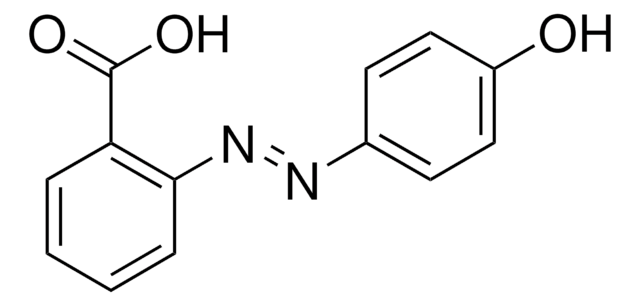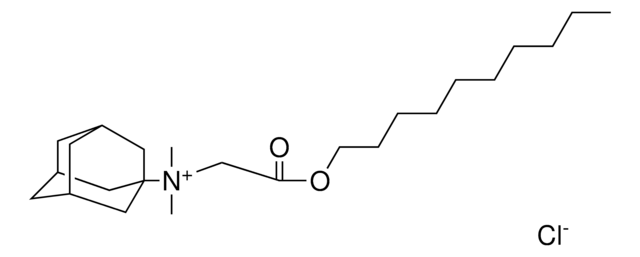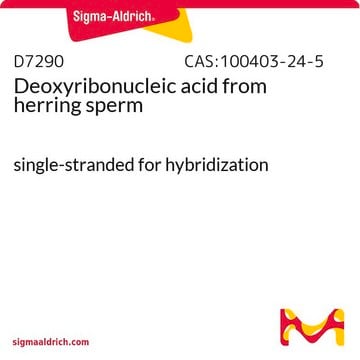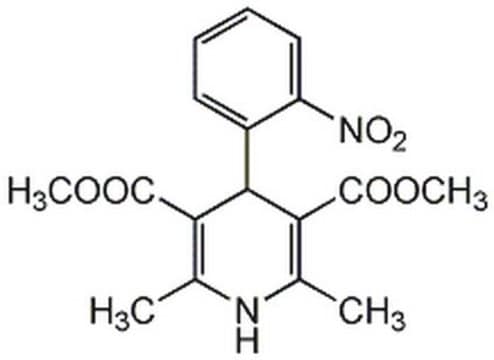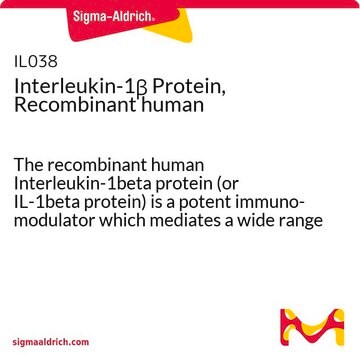SML0190
ML133 hydrochloride
≥95% (HPLC)
Synonyme(s) :
1-(4-methoxyphenyl)-N-(naphthalen-1-ylmethyl)methanamine hydrochloride, CID 781301 hydrochloride, N-(4-methoxybenzyl)-1-(naphthalen-1-yl)methanamine hydrochloride, SID 85281105 hydrochloride, VU0404943-1 hydrchloride
About This Item
Produits recommandés
Niveau de qualité
Pureté
≥95% (HPLC)
Forme
powder
Conditions de stockage
desiccated
Couleur
white to tan
Solubilité
DMSO: ≥10 mg/mL
Température de stockage
2-8°C
Chaîne SMILES
Cl.COc1ccc(CNCc2cccc3ccccc23)cc1
InChI
1S/C19H19NO.ClH/c1-21-18-11-9-15(10-12-18)13-20-14-17-7-4-6-16-5-2-3-8-19(16)17;/h2-12,20H,13-14H2,1H3;1H
Clé InChI
NGQIBUUFXDPHKT-UHFFFAOYSA-N
Application
Actions biochimiques/physiologiques
Caractéristiques et avantages
Mention d'avertissement
Danger
Mentions de danger
Conseils de prudence
Classification des risques
Acute Tox. 4 Oral - Aquatic Acute 1 - Eye Dam. 1 - Skin Irrit. 2 - STOT SE 3
Organes cibles
Respiratory system
Code de la classe de stockage
11 - Combustible Solids
Classe de danger pour l'eau (WGK)
WGK 3
Point d'éclair (°F)
Not applicable
Point d'éclair (°C)
Not applicable
Certificats d'analyse (COA)
Recherchez un Certificats d'analyse (COA) en saisissant le numéro de lot du produit. Les numéros de lot figurent sur l'étiquette du produit après les mots "Lot" ou "Batch".
Déjà en possession de ce produit ?
Retrouvez la documentation relative aux produits que vous avez récemment achetés dans la Bibliothèque de documents.
Notre équipe de scientifiques dispose d'une expérience dans tous les secteurs de la recherche, notamment en sciences de la vie, science des matériaux, synthèse chimique, chromatographie, analyse et dans de nombreux autres domaines..
Contacter notre Service technique